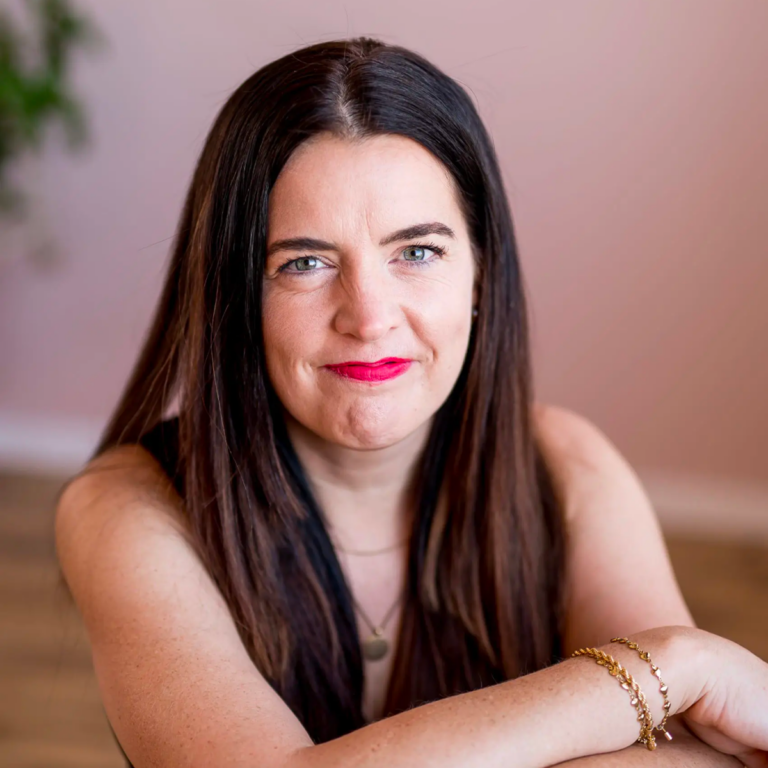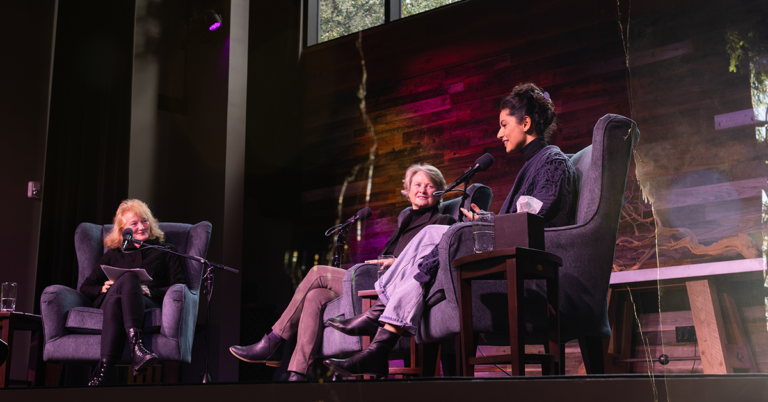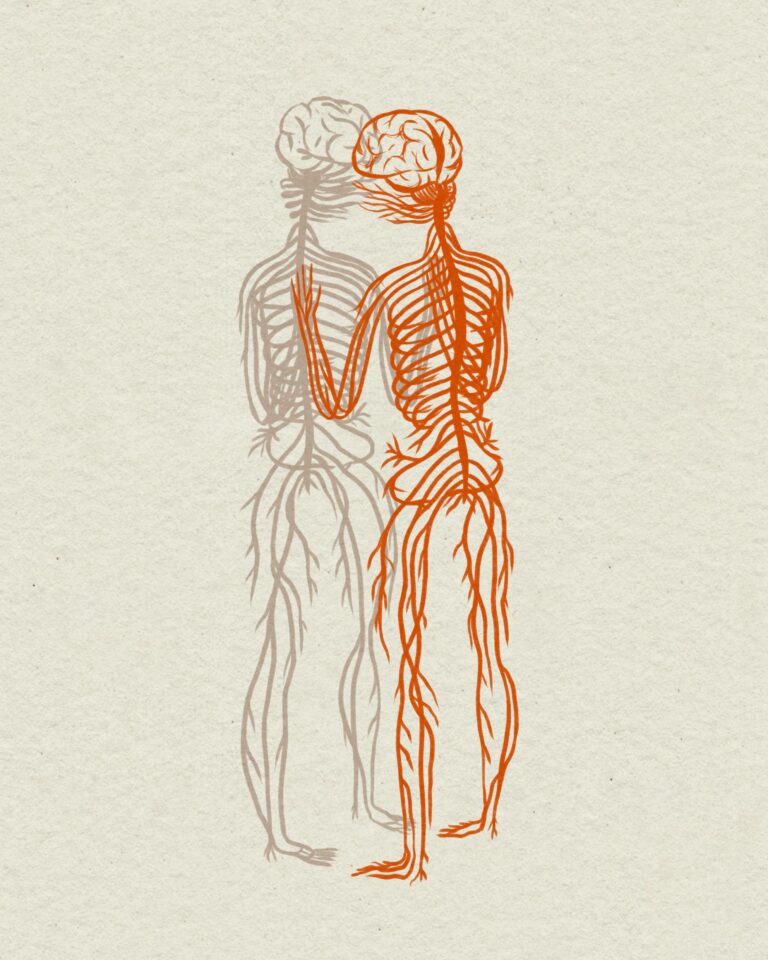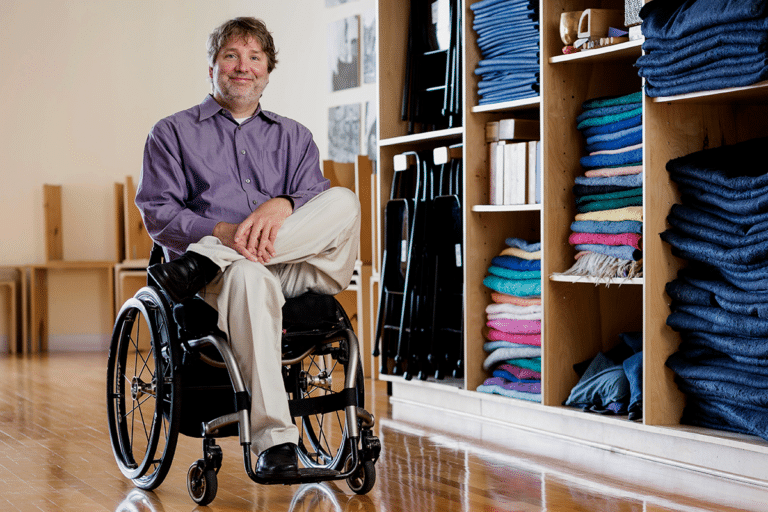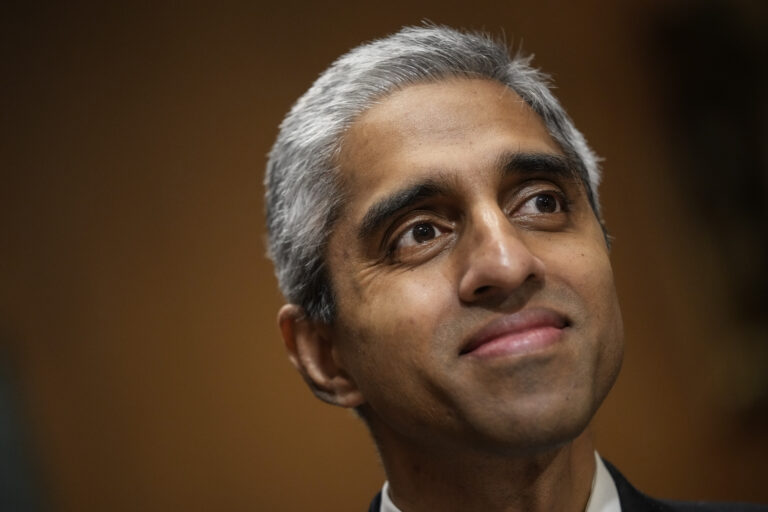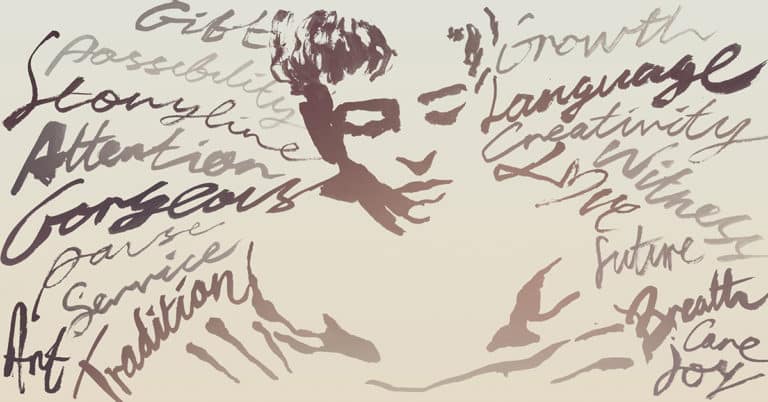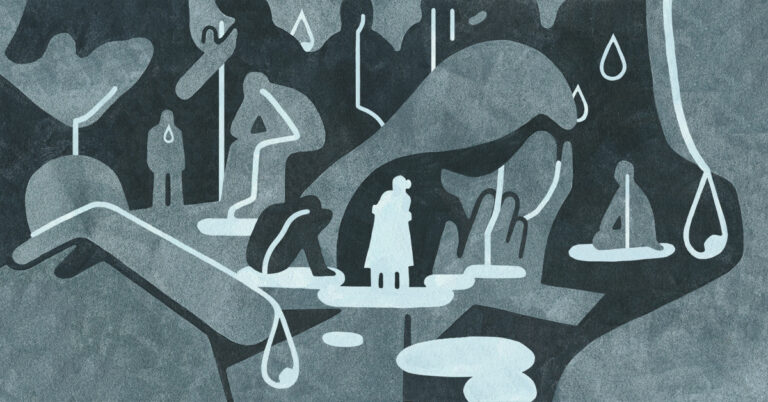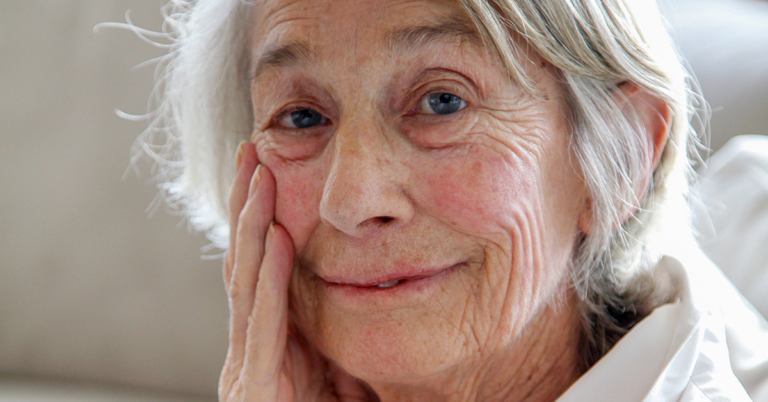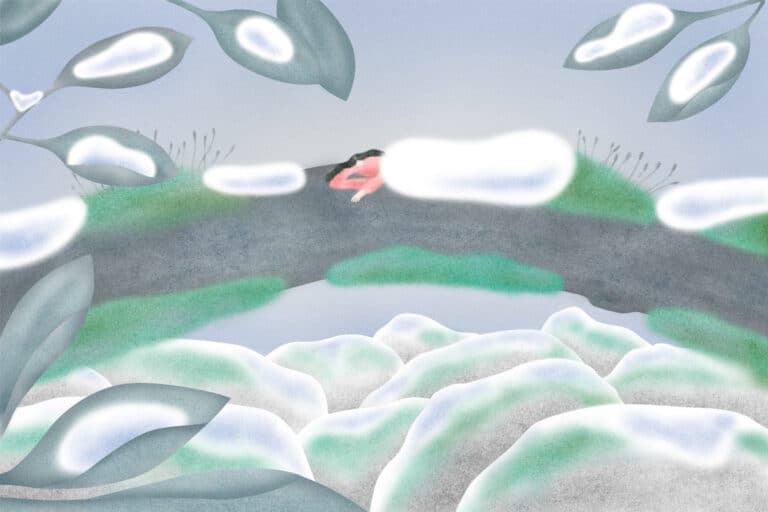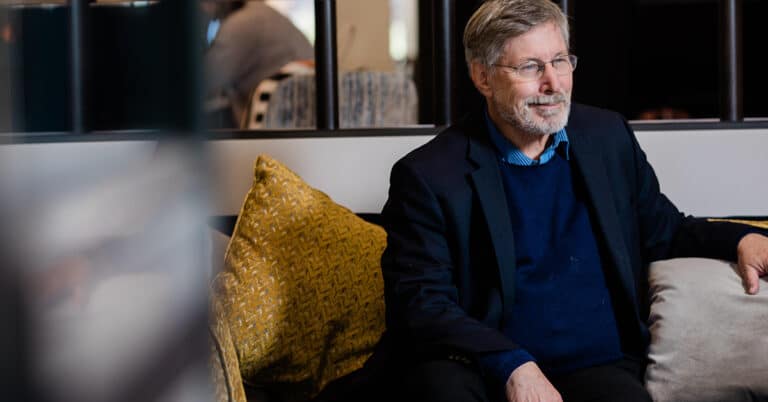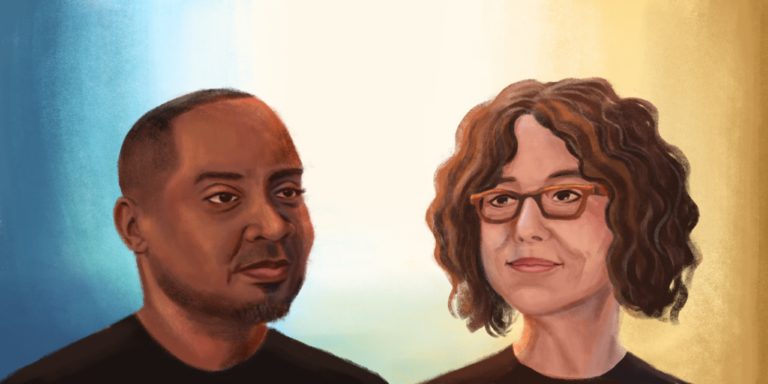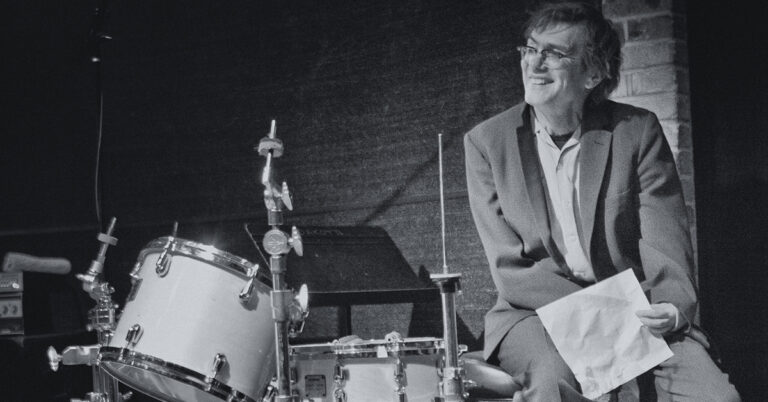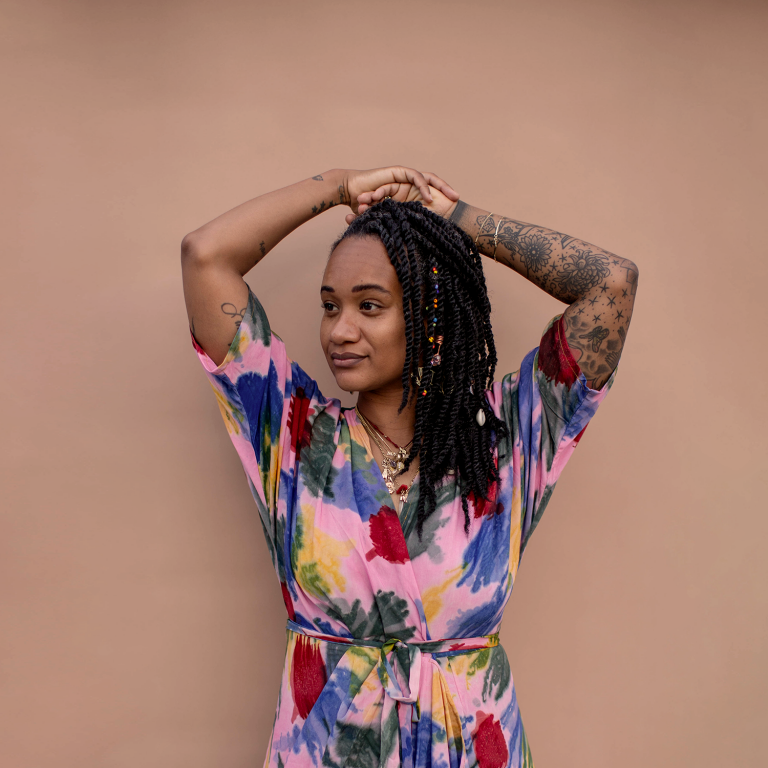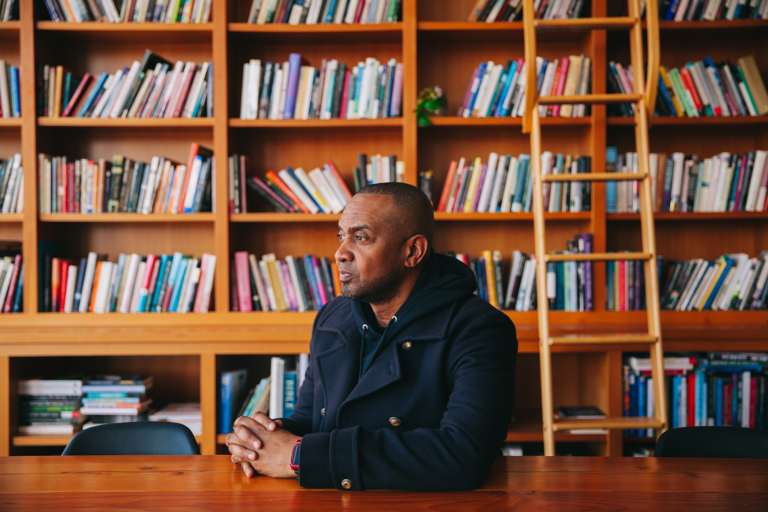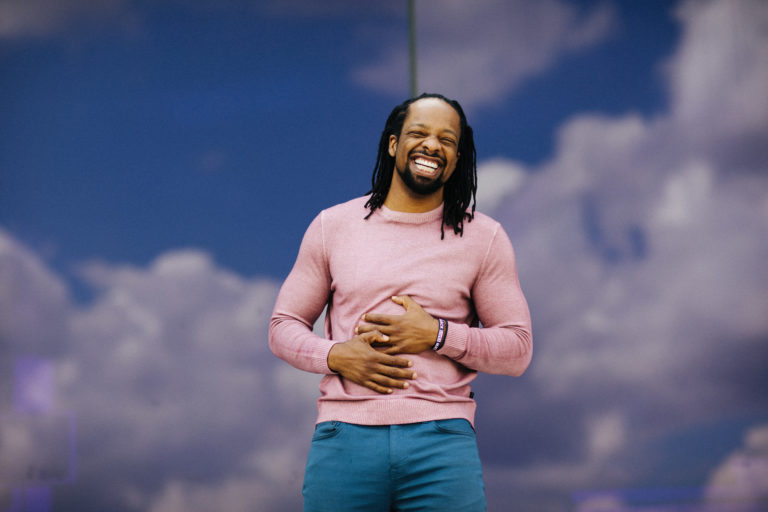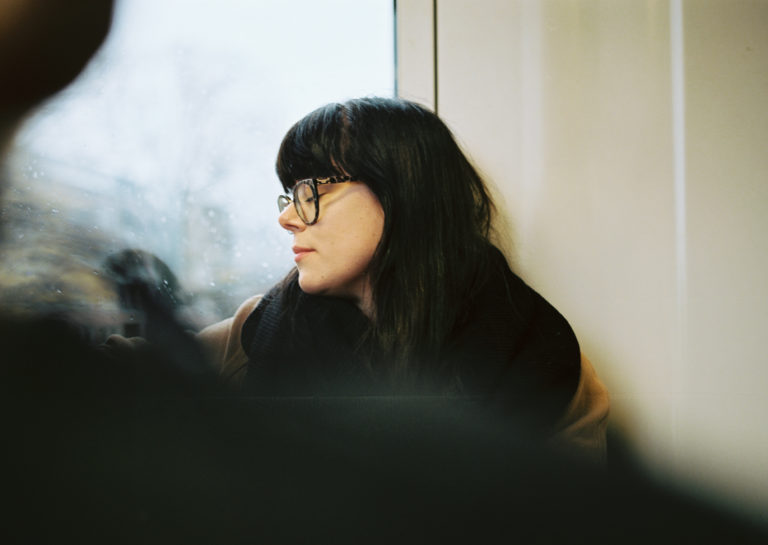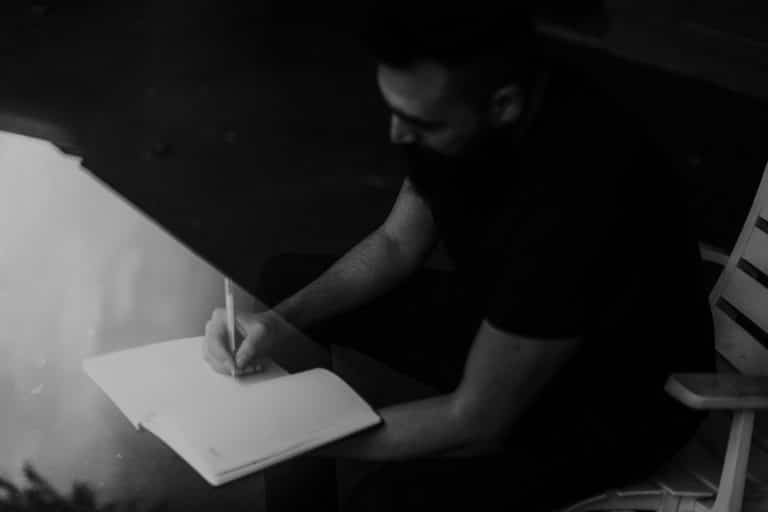We love the theologian Kate Bowler’s allergy to every platitude and her wisdom and wit about the strange and messy fullness of what it means to be in a human body. She’s best known for her 2018 book Everything Happens for a Reason (And Other Lies I’ve Loved) — a poetic and powerful reflection on learning at age 35 that she had Stage IV colon cancer.
From a reset on how to think about aging, to the new reality in our time of living with cancer as a chronic illness, to the telling of truths to our young, this beautiful conversation is full of the vividly whole humanity that Kate Bowler singularly embodies.
(Also, as you’ll hear, if she hadn’t become a theologian, she might have been a stand-up comedian.)
Krista and Kate spoke as part of the 2023 Aspen Ideas Festival.
